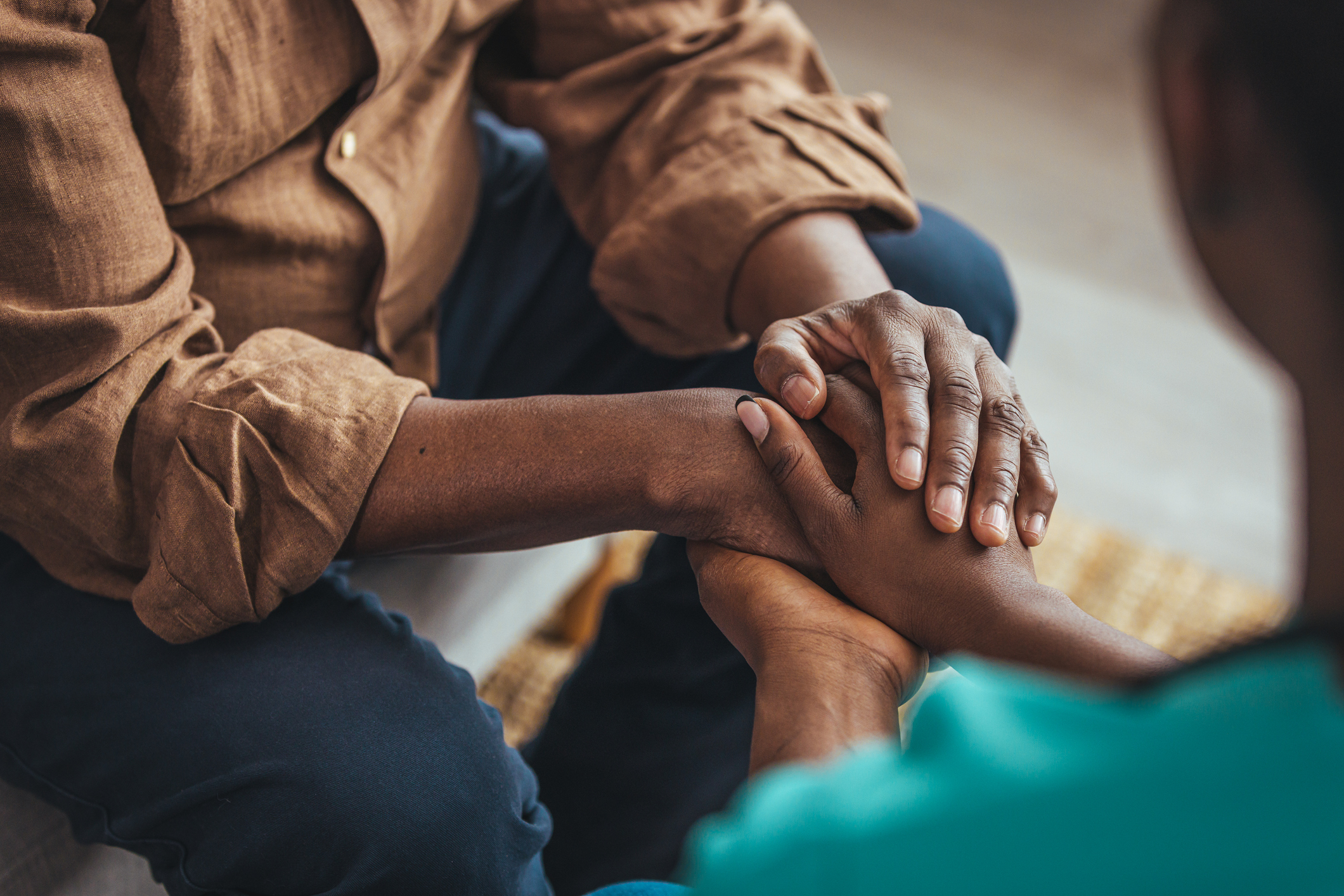
GambleAware pledges £4.3m to tackle gambling-related harm in minority communities
Charity responds to latest research which suggests ethnic and religious minorities more at risk of gambling-related harm compared to white Britons


GambleAware has promised a new £4.3m funding programme to tackle gambling-related harms experienced by minority groups.
The new seven-figure pledge comes as the charity revealed new data which suggests gambling addiction can have a greater impact on people from minority religious and ethnic communities.
The study, which was run by Ipsos UK and ClearView Research and supported by the University of Manchester, found minority groups were more likely to experience some level of harm compared to white Britons.
According to the data, 42% of minority respondents scored at least one on the problem gambling severity index (PGSI) scale, compared to only 20% of white British respondents.
The research also noted that those from minority backgrounds who gamble are three times more likely to label their gambling as a “coping mechanism” for challenges in life compared to white British counterparts.
Additionally, participants from minority communities were less likely to discuss gambling with friends and family, as well as reach out to support service providers.
There was also a relative lack of awareness among minority communities regarding where gambling support was available and how to access it.
The £4.3m funding programme will begin this month, with the monies directed to relevant organisations across England, Scotland and Wales.
Zoë Osmond, GambleAware CEO, said: “Gambling harms can affect anyone, but they can be more common and more damaging in communities that face social inequality – such as these minority groups.
“Fortunately, help is out there. The National Gambling Support Network offers confidential, tailored support for people from all backgrounds.
“It also does a lot of community outreach to raise awareness and increase early intervention, so that people from all backgrounds know where to turn and can get help before gambling problems turn into an addiction.”
Anna Hargrave, GambleAware chief commissioning officer, added: “Our new funding programme is a response to research which demonstrated that both women and people from minority ethnic and religious communities face additional burdens of gambling harm as well as barriers in accessing services which meet their needs.
“Through the fund we will aim to reduce the inequality of experience of gambling harm for women and people from minority religious and ethnic communities.”